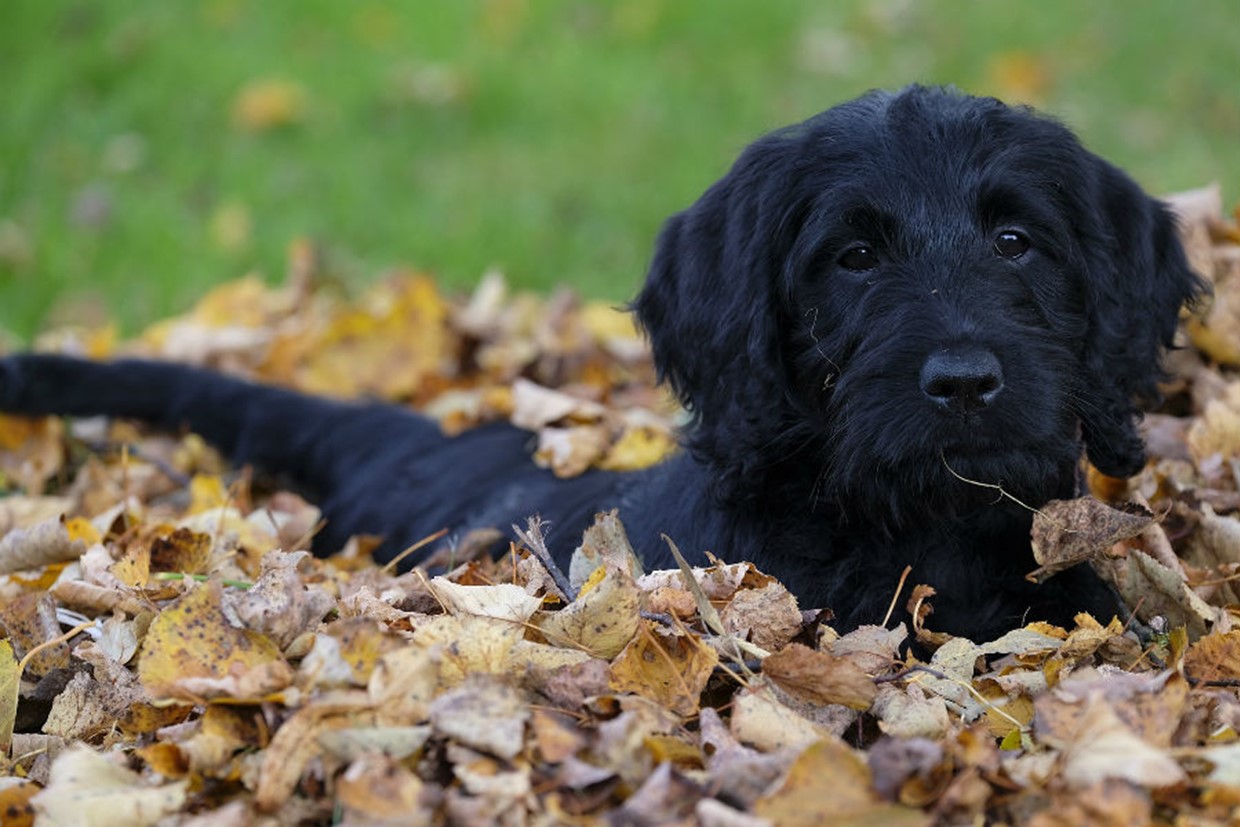Don’t over-think it: relieving YOUR anxiety about a new puppy
Written by Dr Kate Mornement, Animal Behaviourist
Getting a puppy is such an exciting time but it can also be stressful at time. What if my puppy doesn’t sleep? What if they pee all over the house? Will they whimper and howl when I leave them alone? If you’ve recently brought home a puppy or you’re thinking about getting one and the unknowns are causing you some anxiety, try not to overthink it! Let’s work through some of the common concerns for new puppy parents and how to manage them.
Toilet training
One of the first things to teach a puppy is where to go to the toilet. Some puppies may have been taught this by their breeder before they go to their forever home. But for most puppies, you’ll need to teach them. You can even teach your puppy to toilet on command. To do this, take your puppy outside regularly throughout the day. Every half hour is a good starting point. When you see them go to the toilet, say “do wees” (or “go toilet” or whatever you choose to say). Repeat the phrase as the puppy toilets. As soon as they finish reward them with praise and a tasty treat. Repeat every time you take you puppy out to toilet. Soon your puppy will learn to toilet on command, and where you want them to.
More information and tips for toilet training are here.
Sleeping
Puppies are similar to new-born babies when it comes to sleep. They’re used to having a close connection to their mother and littermates when sleeping.
When a puppy first comes home they can get stressed at night when sleeping alone for the first time.
They may whine or howl which is how a lost puppy would alert it’s mother to come and find it. Your puppy will get used to sleeping on their own, however this can take several days. Giving your puppy a nice warm bed to sleep in and a comfort toy to cuddle up to can help them transition to sleeping on their own. Some puppy owners can’t resist bringing their puppy into bed with them. This is perfectly fine if you always plan to let your dog sleep on your bed. However, if you want your dog to sleep on their own bed it’s best not to confuse things, and to do this from the start.
Separation training
Puppies are social animals and can experience distress when separated from their family. It’s important to gradually get your puppy used to spending time on their own. This can be done by feeding them meals or giving them fun toys and treats outside or in another room away from you. Start with short separations that your puppy tolerates well and then gradually increase them. Give your puppy a meal, or a long lasting occupy treat along with their favourite chew toy whenever you leave them to help create a positive association with being separated from you.
You can read more about managing separation anxiety here.
Getting a puppy really is one of life’s great joys. Yes, there will be a learning curve and some hurdles along the way for both you and your pup, but the benefits of sharing your life together far outweighs any negatives.
Their unconditional love, companionship and the absolute pleasure they bring us over the years will make any anxiety you may have felt at the start seem like a distant memory.























